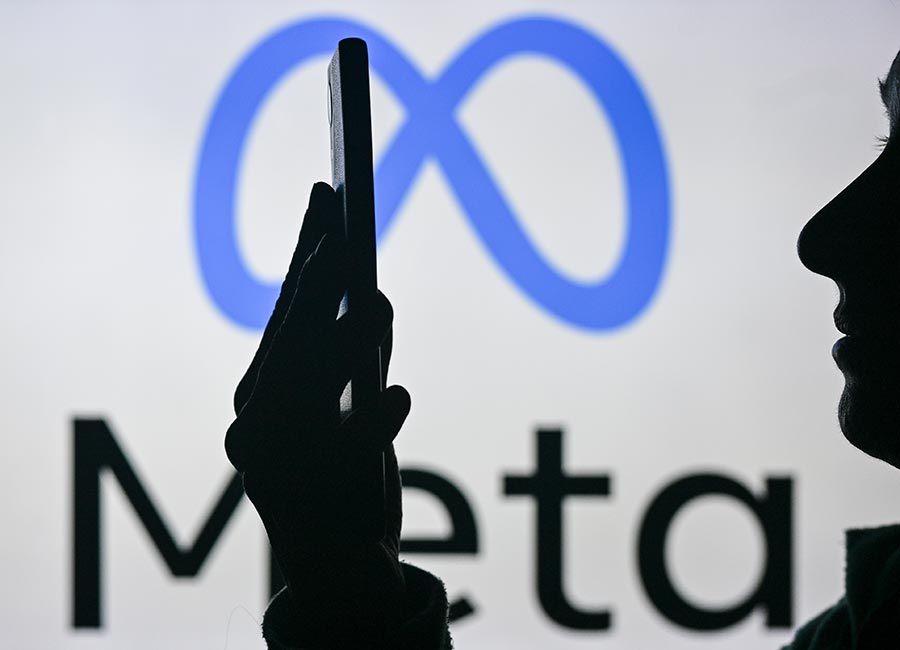The European Commission has fined Apple and Meta a combined €700m for breaches of the EU Digital Markets Act.
Apple was found to have breached anti-steering obligations under the DMA, while Meta failed to give consumers the choice of a service that uses less of their personal data.
The Commission said its decision to fine Apple €500m and Meta €200m comes after extensive dialogue with both companies to allow to present in detail their views and arguments.
The Apple ruling relates to obligations under the DMA for the App Store to inform customers of alternative offers outside the App Store, 'steer' them to those offers and allow them to make purchses.
The Commission found that the Apple had placed a number of restrictions on app developers, preventing them from fully benefitting from the advantages of alternative distribution channels.
The Commission has also ordered Apple to remove the technical and commercial restrictions on steering and to refrain from perpetuating the non-compliant conduct in the future, which includes adopting conduct with an equivalent object or effect.
It said the fine imposed on Apple takes into account the gravity and duration of the non-compliance.
The Commission has also closed the investigation on Apple's user choice obligations, thanks to early and proactive engagement by Apple on a compliance solution.
The Meta decision relates to the November 2023 introduction of a binary 'consent or pay' advertising model by the group, which owns Facebook and Instagram.
Under the DMA, 'gatekeepers' such as Meta must seek users' consent for combining their personal data between services. Those users who do not consent must have access to a less personalised but equivalent alternative.
Under the 'consent or pay' model, EU users of Facebook and Instagram had a choice between consenting to personal data combination for personalised advertising or paying a monthly subscription for an ad-free service.
The Commission found this is not compliant with the DMA, as it did not give users the required specific choice to opt for a service that uses less of their personal data but is otherwise equivalent to the ‘personalised ads' service.
Meta's model also did not allow users to exercise their right to freely consent to the combination of their personal data.
The Commission is currently assessing a version of the free personalised ads model that was introduced last November.
Apple and Meta are required to comply with the Commission's decisions within 60 days, otherwise they risk periodic penalty payments. Both companies have said they will challenge the decisions.
"Today's announcements are yet another example of the European Commission unfairly targeting Apple in a series of decisions that are bad for the privacy and security of our users, bad for products, and force us to give away our technology for free," Apple said.

Meta said in a statement: "The European Commission is attempting to handicap successful American businesses while allowing Chinese and European companies to operate under different standards.
"This isn't just about a fine; the Commission forcing us to change our business model, effectively imposing a multi-billion-dollar tariff on Meta while requiring us to offer an inferior service," Meta said.
(Pic: Jakub Porzycki/NurPhoto via Getty Images)









